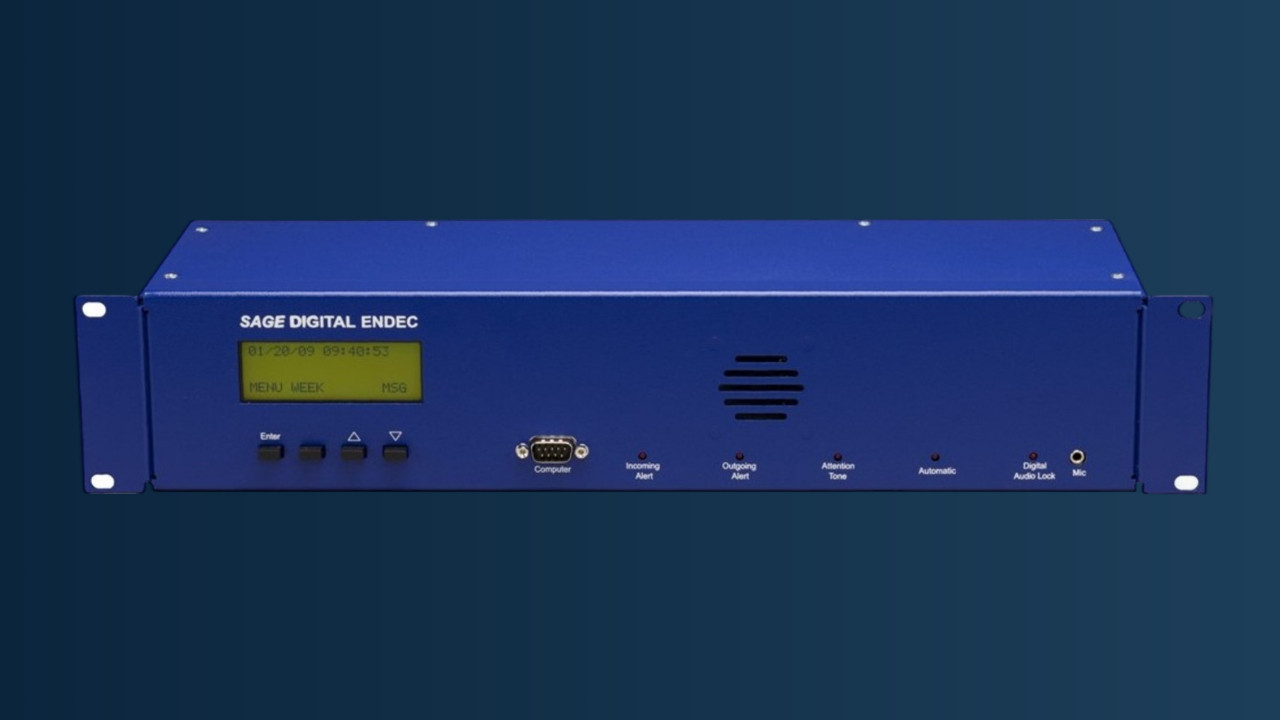We’ve all seen the headlines about the ‘Great Resignation’ and stories quoting stats like ‘40% of workers say they’ll quit if they’re forced to go back to the office.’ None of which is all that surprising. Once you’ve been given the freedom to work in your sweatpants from the comfort of your own home, taking breaks when you want to and avoiding getting stuck in traffic, its hard to give it up. With the current labor shortages, its hard to imagine that most industries won’t give in to their employees newly found leverage. But, what about radio, should we embrace remote working and move to a hybrid in-home, in-office model?
Like many people, pre-Covid I firmly believed that while some people can be just as productive working from home, most employees would be significantly less productive than they were in an office. There are simply too many distractions at home, no fear of your supervisor catching you slacking and the loss of in-office collaborations and communication would be too great. But, what most of us have learned throughout the past year is that there’s a healthy trade-off that basically balances out. While different, there are just as many in-office distractions, most office workers lose hours of productivity daily commuting to and from work and/or lunch, and verbal in-person communication is often less reliable and certainly less trackable than written communication.
Also during the pandemic, out of necessity most on-air talent that didn’t already have one had to build home studios. Before deconstructing any of those studios, or recalling any loaned equipment, we should all at least consider the option of the hybrid model. Especially if there’s a give and take where the on-air talent use those home studios to transition toward being digital content creators, recording station podcasts, filming video content and utilizing some of the time they free up to write blogs and web articles for the station website. However, I would recommend that stations who plan to continue use home studios as part-time on-air, or even production studios, should provide the equipment to maintain a consistent sound.
Many of the employees in our other departments were already working from home at least occasionally. I’ve always been on the side of sales people spending the majority of their time in the field instead of the office because radio is a lot easier to sell in person than it is on the phone. Plus, most billing and traffic employees are used to remoting in to work from home in a pinch and since most of us went paperless for production and promotion years ago, those departments can do the same.
In the end every owner and operator will have to decide what’s best for their situation based on their own unique circumstances. But, if we’re going to compete with other industries that are rapidly shifting toward more of a work from home workforce, we’ll need to at least be open to the option.
What do you think? Comment below or email me at andy@radiostationconsultant.com.
Pic designed by www.frepik.com.












